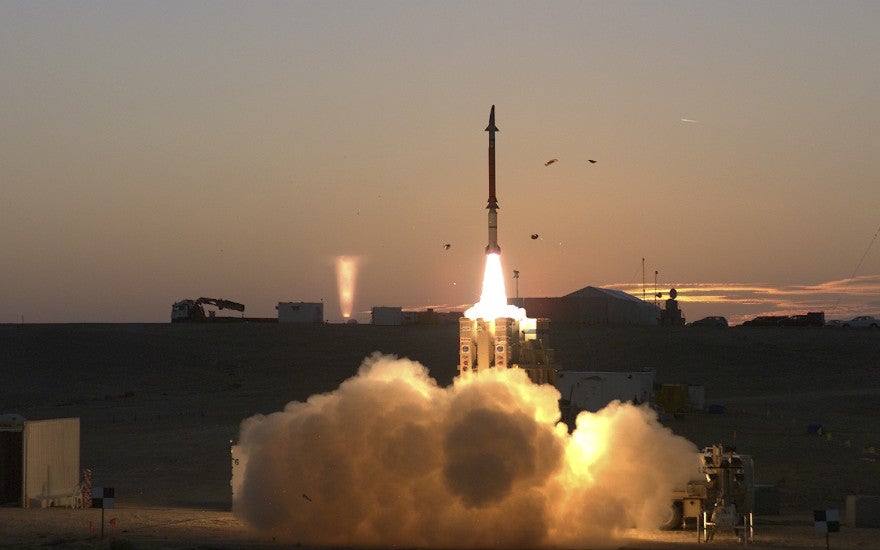WASHINGTON (JTA) — Michael Oren, the former Israeli ambassador to the United States, reportedly is counseling Prime Minister Benjamin Netanyahu not to conclude an agreement with the Obama administration to expand and extend defense assistance to Israel.
According to the Jerusalem Post, the U.S.-born Oren, a Knesset member with the centrist Kulanu party, opposes the agreement as it currently stands because it would freeze Congress out of spending decisions on missile defense; calls for cutting allocations offered directly to Israel’s defense sector; and would anger Republicans, who might see the deal as burnishing President Barack Obama’s legacy.
He apparently favors waiting out the elections to pursue the deal.
Oren, who since leaving the ambassadorship in 2013 has emerged as a harsh critic of Obama, has in closed meetings broken with party leader Moshe Kahlon, the finance minister who is urging Netanyahu to conclude the deal, the Post reported Wednesday.
Israel’s current package, averaging $3 billion a year, is set to expire in 2018, and the Obama administration hopes to conclude a 10-year extension that would increase assistance to between $4 billion and $5 billion a year.
Until now, missile defense spending has been subject to the approval of Congress, which routinely greatly increases whatever the president – Republican or Democrat – requests. Wrapping missile defense into the defense assistance package would freeze out Congress and constrain Israeli bids to increase spending for projects like Iron Dome or Arrow.
U.S. defense assistance routinely comes with a requirement that the money received by a beneficiary country is spent on U.S. defense contractors. Israel is the only exception, with a codicil that until now allows a quarter of the package to be spent in Israel.
Kahlon and others in Israel’s political and defense establishments favor closing the deal now in part because Donald Trump, the presumptive Republican presidential nominee, has not committed to defense assistance for Israel. On at least one occasion, Trump has said he would consider making Israel pay for the assistance.
One of Trump’s senior Jewish advisers, David Friedman, told Israel’s Channel TV news on Wednesday that fears Trump would cut off defense assistance were unfounded.
“The aid package will certainly not go down — in all likelihood it will go up in a material amount because Israel must maintain a technological and military superiority within the region,” The Times of Israel quoted Friedman as telling the TV News.
Netanyahu until now has been reluctant to close a deal reportedly because he fears Obama will use it to bolster his pro-Israel credentials ahead of setting out recommendations for a final status arrangement between Israel and the Palestinians.
JTA has documented Jewish history in real-time for over a century. Keep our journalism strong by joining us in supporting independent, award-winning reporting.






